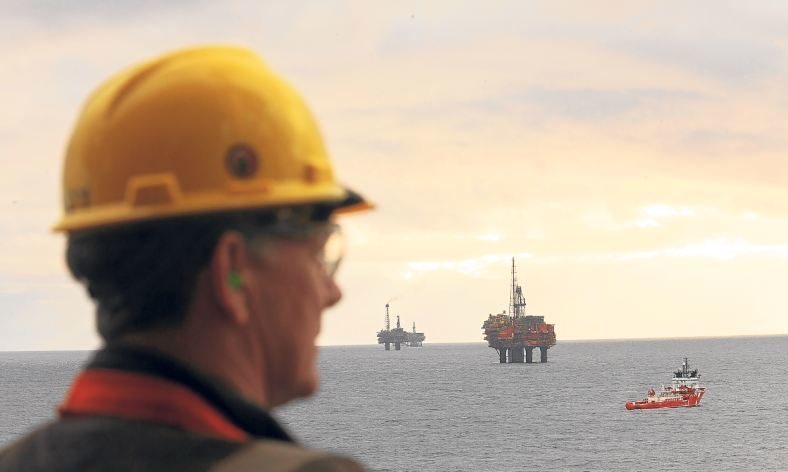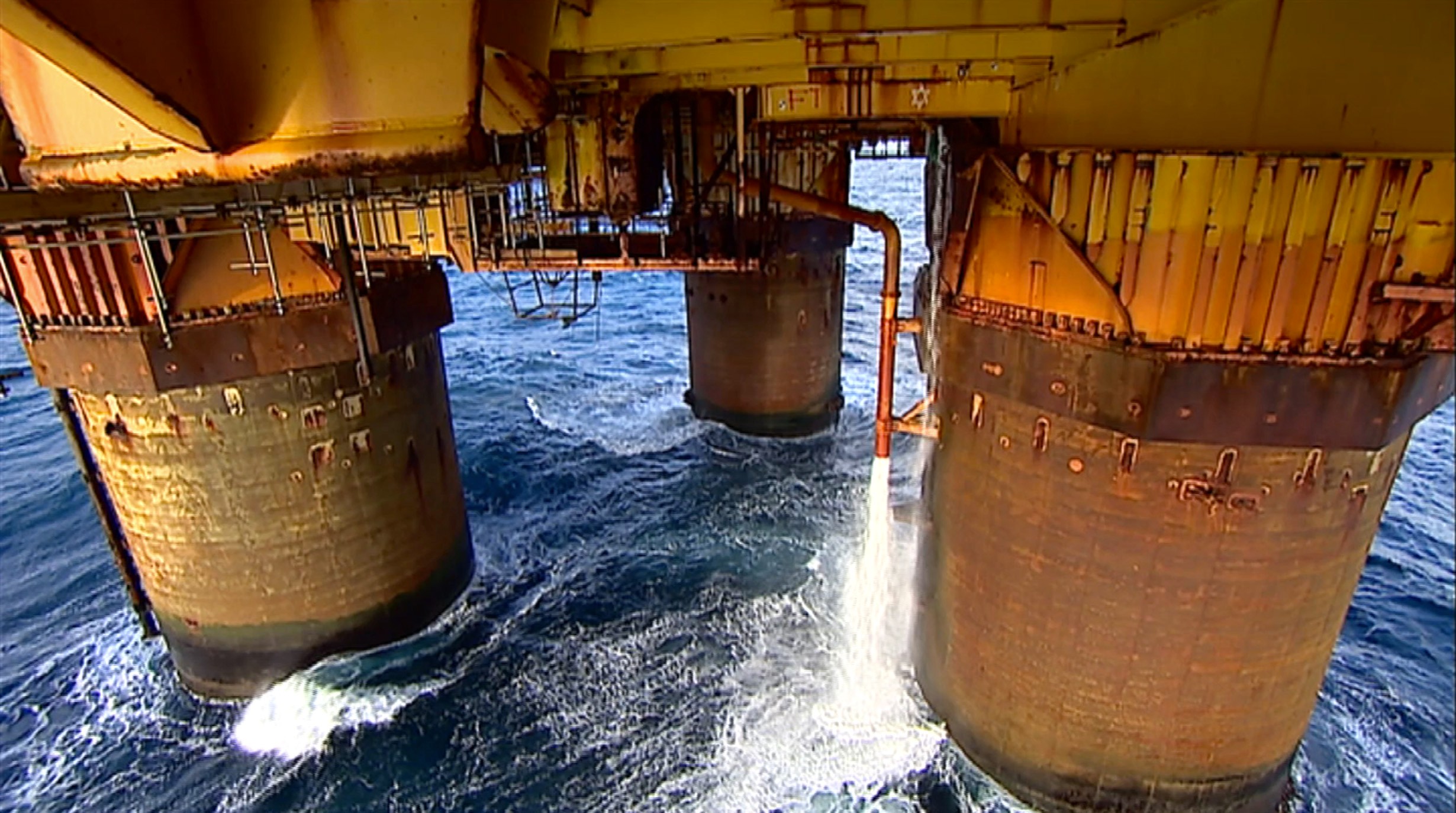
The German government has made a formal objection to Shell’s plans to decommission the Brent field in the North Sea.
Shell submitted plans in 2017 which proposed to leave the huge concrete legs of three of the four Brent platforms in place, prompting outcry from environmental groups.
Germany’s environment ministry commissioned a new report on the plans from Aberdeen-based consultancy Scientia et Sagacitas, which has highlighted “major issues” with Shell’s assessments.
The UK and Germany are both part of Ospar, an international agreement with several European countries to protect the marine environment.
Germany has now issued a formal objection to the Ospar Secretariat following the report’s publication.
Scientia et Sagacitas’ report sets out that Shell’s case for approval is “weak” due to breaches in Ospar regulations, and what it describes as a “biased” decision-making process.
The Anglo Dutch energy major said its plans are both safe and environmentally sound.
Under Ospar rules, offshore installations must be removed in their entirety once they reach the end of their production cycle.
Shell has been seeking an exemption to this, arguing the safety risks associated with trying to remove the concrete structures for the Brent Bravo, Charlie and Delta platforms outweigh the “minimal environmental benefit”.
The energy firm said it is confident in the proposals, which were only submitted after producing more than 300 studies on the decom plans and establishing an independent group of scientists to review the findings.
However, the new report states the majority of these studies are not widely available and that concerns raised by these scientists over leaving the platform legs in place remain unanswered.
Some of the issues identified included the potential for them to collapse and the hazards they pose to other users of the sea like ships.
The report said Shell’s assessment process was not fit for purpose and largely based on “flawed” government guidelines which create a bias towards any option that has minimal decommissioning work.
As a result, it negates Shell’s preferred option of leaving the legs “in situ”.
It also outlined “failures” around environmental assessment, stakeholder engagement and use of outdated technology.
Scientia et Sagacitas said some issues could be resolved with additional effort from Shell to make a stronger case, including providing more up to date information on risks, cost and feasibility.
The report points out flaws in assessing the environmental impact of leaving the oil storage cells in place.
It states that Shell has made the consideration in the short-term and has “totally ignored” the fact that the release of the cells’ contents will only take place between 250 -1,000 years’ time.
As a result, the assessment “cannot realistically be used”, it said.
Meanwhile it called into question the validity of the stakeholder engagement process, and expressed concern that the UK’s Department for Business, Energy and Industrial Strategy (BEIS) did not appear to have asked for some of the “major issues to be resolved”.
The decision to allow infrastructure to remain in place lies with BEIS, but they need to consult with Ospar to do so.
The German government said the UK began a consulting process with Ospar on January 7.
Professor John Paterson, of Aberdeen University’s law school, said this allows other countries to require “intense discussions” through Ospar, but the net effect is they cannot veto what the UK ultimately decides to do.
DECISION ‘IN DUE COURSE’
The department for Business, Energy and Industrial Strategy said it is still considering feedback on Shell’s decommissioning plans and will make a decision in “due course”.
In response to the report, and Germany’s objection, Shell said the company is confident the plans are safe and environmentally sound.
A spokeswoman said: “Our recommendations are the result of 10 years of research, involving more than 300 scientific and technical studies.
“We established an independent group of scientific experts to review the findings and ensure all feasible decommissioning options were investigated thoroughly.
“We submitted our recommendations following extensive stakeholder engagement and only when we were confident that they were safe, technically achievable, and environmentally and socially sound.”
It comes after the German government wrote to environment secretary Michael Gove in February highlighting concerns with the plan.
Mr Gove wrote back, stating the plans are a BEIS policy area, which does not fall under his remit.
Brent is coming to the end of its life as a field after more than 40 years in production, with decommissioning for the huge Delta platform starting in 2017.
The Brent field lies 115miles north-east of Shetland.
Recommended for you

